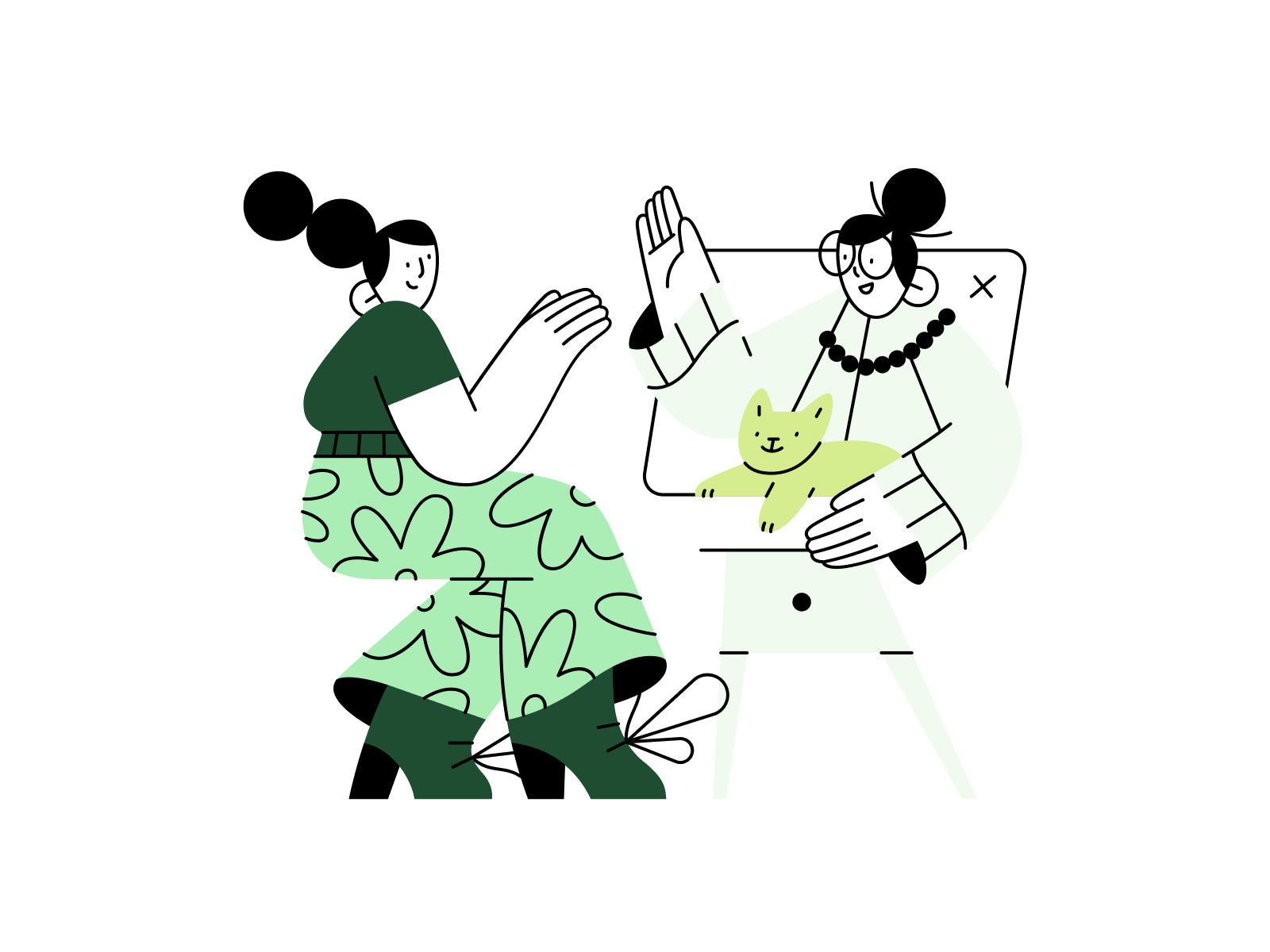
Developmental delays
by Hibi
Oct 4, 2023
Babies, toddlers and children with learn important skills as they grow up. Some of these skills are known as ‘developmental milestones’ and are expected to happen by a certain age. These range from taking a first step, to smiling for the first time. When we talk about ‘developmental delays’, we are referring to when a child is slower in reaching these milestones.
Developmental skills usually fall into different themes:
- Gross motor skills involve using large muscle groups to perform activities like sitting, standing, walking, running, and maintaining balance while changing positions.
- Fine motor skills refer to the use of hands for tasks such as eating, drawing, dressing, playing, writing, and various other activities.
- Language skills encompass speaking, using body language and gestures, communicating with others, and understanding what others say.
- Cognitive skills include thinking abilities like learning, understanding, problem-solving, reasoning, and remembering.
- Social skills involve interacting with others, forming relationships with family, friends, and teachers, cooperating, and being responsive to the emotions of others.
You can learn more about the developmental milestones you may expect here. Every child is different, and so is every parent’s experience. A child’s development can be slower for a number of reasons, ranging from social factors growing up to medical conditions. If progress slows, that is not necessarily something to be concerned about. However, if a delay persists or is without an obvious cause, it is important to look for advice to understand if there are options to help you support your child.
Where to go if you are concerned there may be a delay?
Assessing your child's development is a team effort, and your family plays a crucial role. Generally, parents will be first to realise that their child is not developing in an expected way.
If you have any worries or concerns, make sure to share them with health professionals (like your GP or health visitor) or teachers who will have familiarity with milestones and how your child is getting on. It can be helpful to have a record of your child’s health, behaviours and progress with you to help communicate this. We hope Hibi may help with this.
You might find at this point that you are suggested activities that you can do with your child to support their development, and this may be all your child needs. Most developmental delays will resolve on their own over time. However, if delays persist, do go back to the professional to let them know. It’s important to find the right support as early as possible so that support can begin.
You may eventually see a paediatrician (a specialist children’s doctor) who may do some ‘screening’. This involves asking questions and observing your child's ability to perform age-appropriate tasks. By using developmental milestones as a guide, the paediatrician can identify children who might be at risk for developmental delay. You may also see other professionals:
- Physiotherapist: They assist with sitting up, crawling, or walking.
- Speech and language therapist: They support speech, language, and communication development, as well as chewing and swallowing difficulties.
- Occupational therapist: They help with physical skill development and managing everyday tasks like feeding, dressing, and playing.
- Educational psychologist: They provide assistance with learning and maximizing the benefits of an educational environment.
- Clinical psychologist: They offer support for emotional or behavioral difficulties your child may experience.
If the healthcare professional finds any concerns, they may refer you to a specialist and work with your family to find services, like early intervention programs, that could benefit your child. Your care professionals should guide you to which activities and services could best help your child.
These might include:
- Assistive technology (devices your child may need)
- Audiology or hearing services
- Speech or language services
- Family counselling and training
- Medical services
- Nursing services
- Nutrition services
- Physical therapy
- Occupational therapy
- Psychological services
Early intervention is crucial, even for mild delays, to help your child make the best progress. With early intervention services, your child should be able to catch up to their peers and reach their full potential. However, without early intervention support, there’s a chance a developmental delay may progress into a more serious problem.
